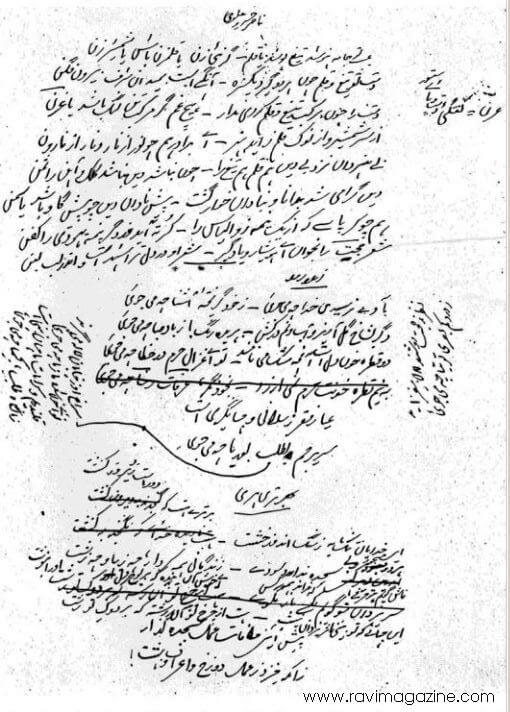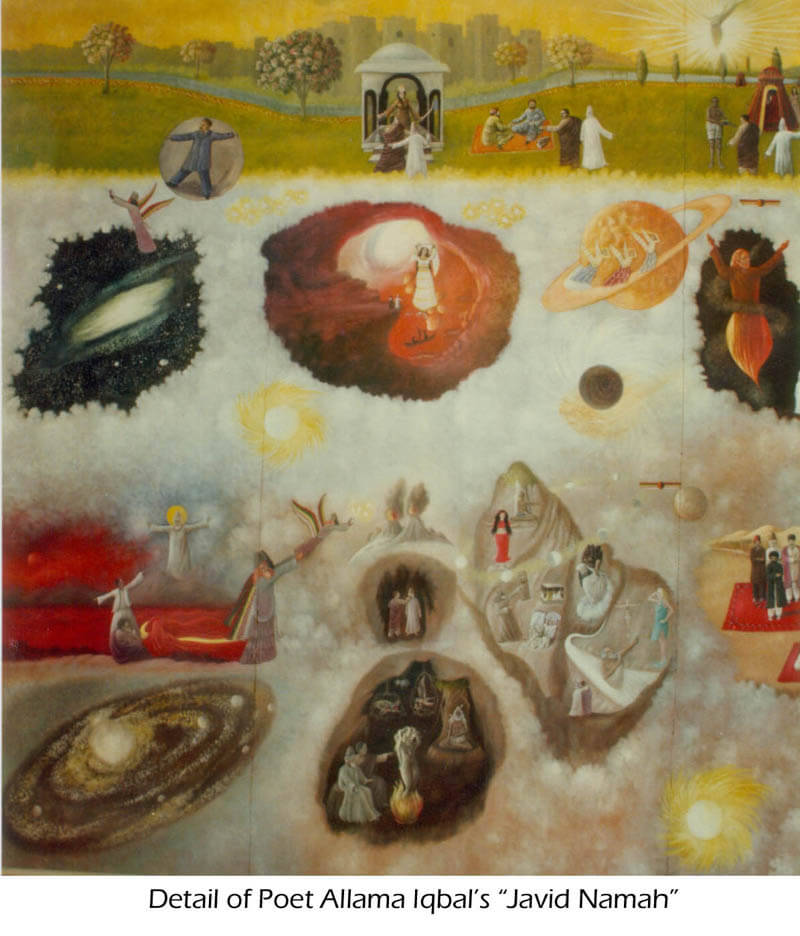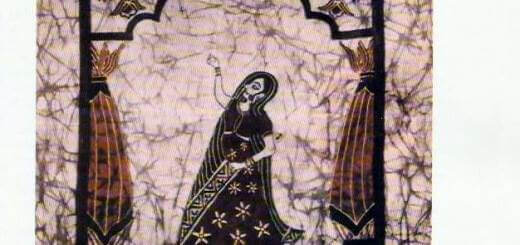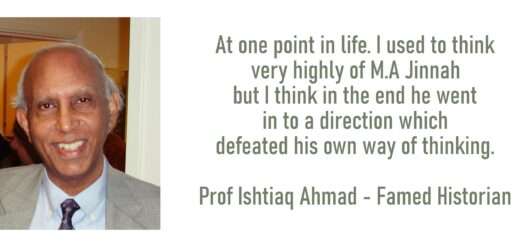The Making of Javid Nama by Dr. Allama Iqbal
Javid Nama [also Javed]: Dr. Allama Iqbal’s greatest masterpiece in Persian.
The major inspiration was m‘iraj, or the ascension of the Holy Prophet to the heavens. “Professor Bevan has given us valuable historical discussion of the story of the m‘iraj,” he mentioned in his Presidential Address to the Indian Oriental Conference in 1928, a year after he started Javidnama. What was more important to him than the historical discussion was the intense appeal of the story to the average Muslim mind, “and the manner in which the Muslim thought and imagination have worked on it.” He mentioned the impact it had on Ibn ‘Arabi, and through him on the mind of Dante.
In that speech he did not mention the book Divine Comedy and Islam, published in Spanish in 1919 and by now available in English translation. However, its author Miguel Asin was mentioned as the pioneer of this discussion in an essay appearing soon after the publication of Javidnama in 1932. The essay was by Iqbal’s devoted friend Chaudhry Muhammad Husain, in all probability supervised by Iqbal himself.
Iqbal’s homework included extensive research. The characters should speak what he wanted to say through them but they must also sound like themselves. Hallaj, for instance, was given one of Iqbal’s own ghazals from Payam-i-Mashriq (1923) to sing, but the dialogue between him and Zindah Rud (Iqbal’s nickname in the epic) closely followed Hallaj’s own mindset as depicted in his writings (edited and published from Paris some time ago).
The rules of science could not be followed throughout a spiritual fantasy but Iqbal managed to display his familiarity with the expanding boundaries of astronomy. Jupiter, it had then become known, moved in a fast and interesting manner and hence Iqbal chose it to be the haunt of those souls that did not wish to stop at anything.
And yet, Javidnama was not the only thing he was doing those days. He was also reconstructing the religious thought in Islam through a series of lectures, preparing the case for a Muslim homeland in India through a presidential address, and last but not least, making
“I have drained myself,” is what Dr. Iqbal said at the end of four years during which he completed his ‘life’s work.’

Javid Nama – Dr. Allama Iqbal handwritten script
Cover page shows painting by Jimmy Engineer, who was commissioned by Dr. Javid Iqbal to paint Javidnama. something Dr. Iqbal himself expressed wished for. It has been produced with Jimmy Engineer’s permission and my greatest gratitude, see here.














